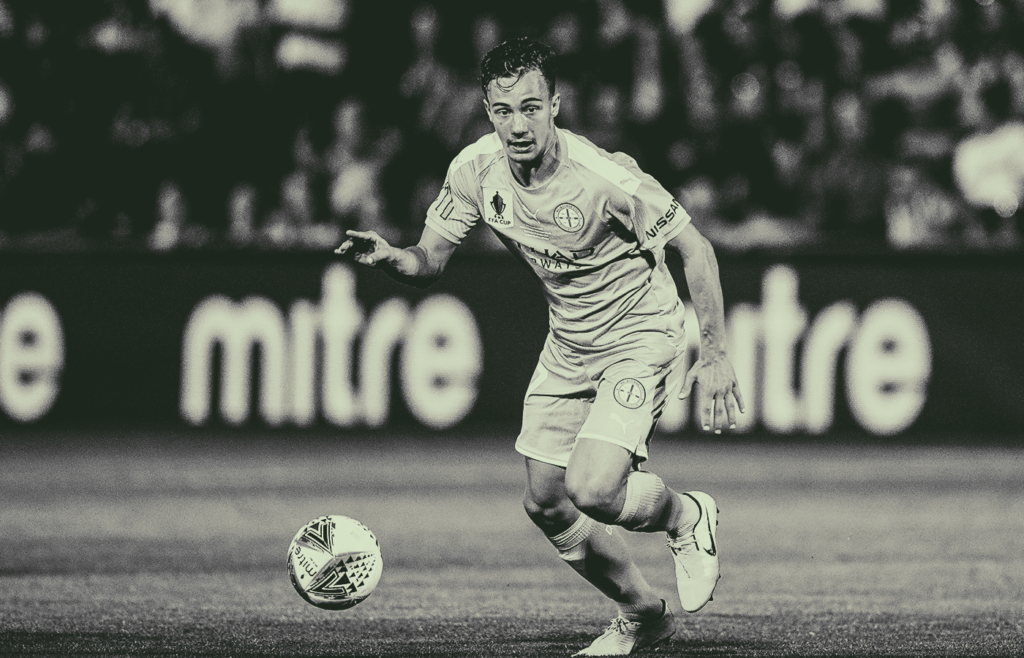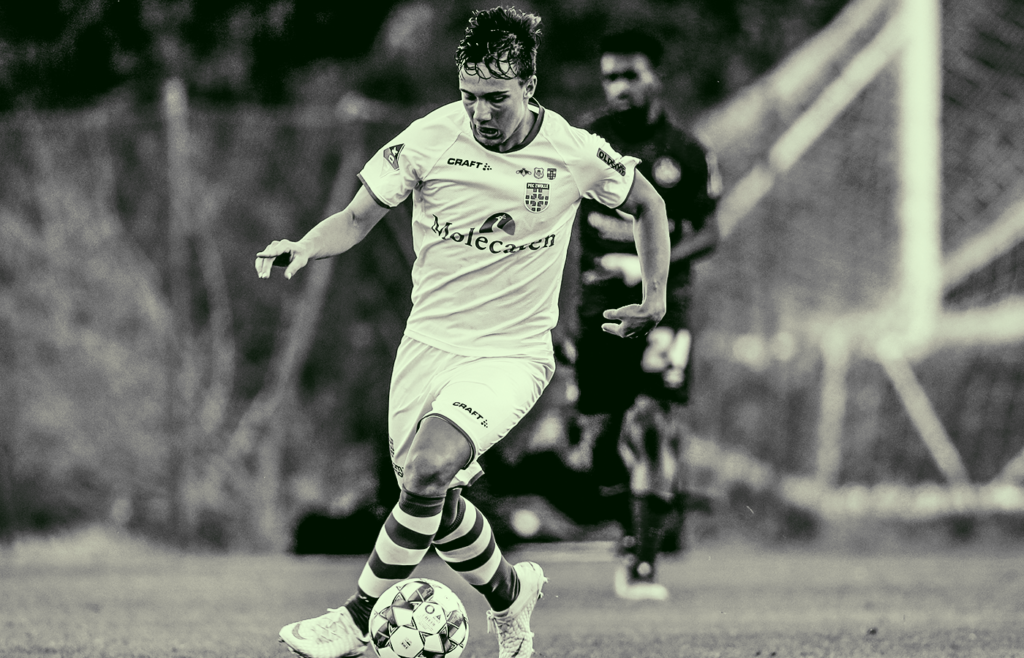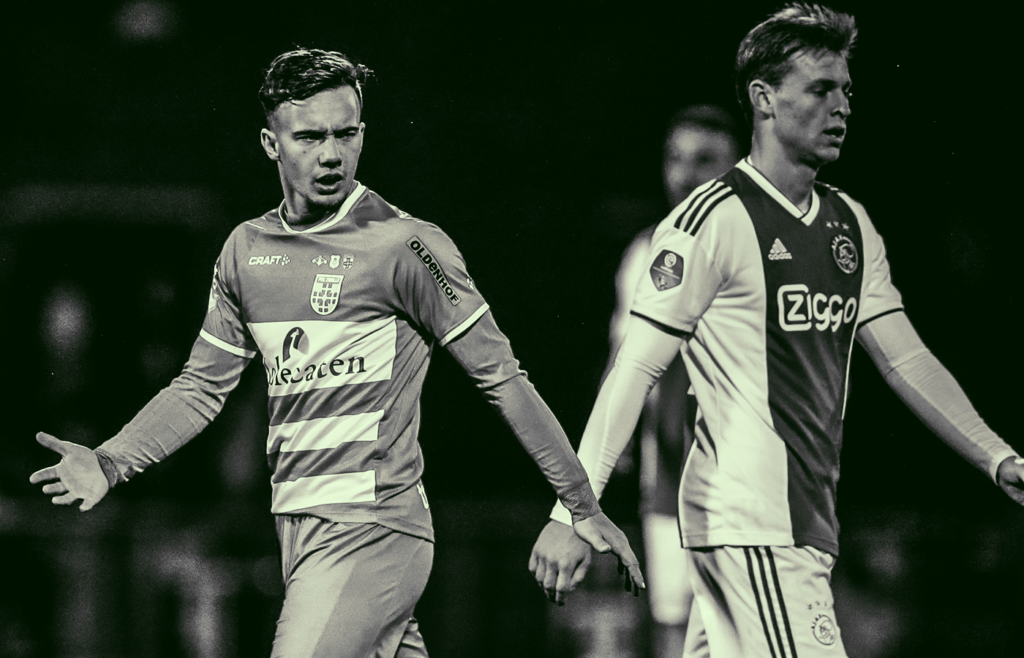A key part of the Olyroos side that booked their place at the Olympics for the first time since 2008, Melbourne City FC’s Denis Genreau has had a long history with the Y-League.
Under then Head Coach Joe Palatsides, the now 20-year-old won at a title with City in the 2016/17 season and went on to score in his side’s losing effort against Western Sydney Wanderers in the following year’s decider.
Following the release of the Y-League Pathway & Workplace Conditions Report, pfa.net.au spoke with Genreau about his personal experience in Australia’s national youth development league.
“I think they should encourage the youth league to continue because all the A-League teams have started to get their own junior academies, so I think they need to have as many games as possible.”
Beyond his accomplishments with City’s Y-League side, Genreau also served as a key cog in City’s senior NPL side; part of a squad that finished third in the NPL2 East behind Dandenong City and Dandenong Thunder back in 2017.

He made his A-League debut in round 12 of the 2016/17 season, coming off the bench in a 3-3 draw with Perth Glory and going on to make three further appearances that season.
“[NPL and Y-League are] heaps different. If you’re playing against men, I guess it’s good in one way because you’re exposed to a different kind of football, where it’s more fighting, and you’re playing on bad pitches, which is good.
“The youth league was more possession-based, it was more like players that want to play football, you were playing on a better field and more exposure.
“At the end of the day no one was watching the NPL games and youth league was more exposure to A-League clubs and first-team coaches were more likely to come down to a youth league game than an NPL one.”
Unfortunately, as Genreau observes, the ability to impress in the Y-League has been made increasingly difficult.
“I think the biggest downfall of the youth league is the number of games. I know when I was 15 [in 2014/15, the last season prior to the advent of the conference system], I went to go watch a Melbourne City youth game and they’d be playing every A-League team in a home and away setup.
“I remember watching it and you had a more consistent group of young players playing together, whereas in eight games the squad’s changing every week because you’ve got some players in the first team, some that are not, it’s always changing.

“In terms of the number of games, eight games just wasn’t enough. You don’t give the youth players the chance to show the first team coaches why they should be in the first team or not.
“When I started playing youth league I was still in school and I remember getting $115 a week on a youth contract. There were some of the boys that were a bit older than me that were also on youth contracts and for them that would barely cover the petrol.
“They were at uni and they had to have something on the side to make money because that wasn’t enough to live. You’ve barely covered training five times a week and going to games and didn’t cover petrol. I know that most of the boys did have some sort of part-time jobs during the youth league.
“Obviously in the NPL they give a lot more money so, I remember that was a discussion with some of the older boys; ‘do I do one more season in the youth league and try to get an A-league contract or do I just go to the NPL where I know I’ll be making $2000 a game where I can live with that and have a part-time job?’”
After intermittent appearances with City’s A-League side, Genreau secured a loan move to Dutch Eredivisie side PEC Zwolle in 2018, going on to make 12 appearances for the Overijssel-based club under the guidance of former City mentor John van’t Schip.

Injuries and a change in the dugout hampered the youngster’s ability to contribute in the second half of his European stint.
“There just weren’t enough games in the youth league [to prepare for a European move]. Just before going to the Netherlands, I was playing NPL2 and that just doesn’t prepare you for what it’s like over in Europe and doesn’t prepare you for the A-League really.
“To have a bigger youth league, where you can play 16 to 20 games with the same group of boys that builds consistency and proves to the first team why you deserve a chance. I think a longer season would have definitely helped.”







